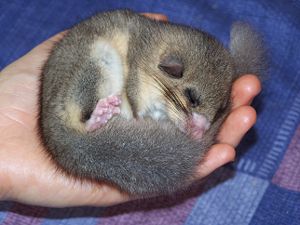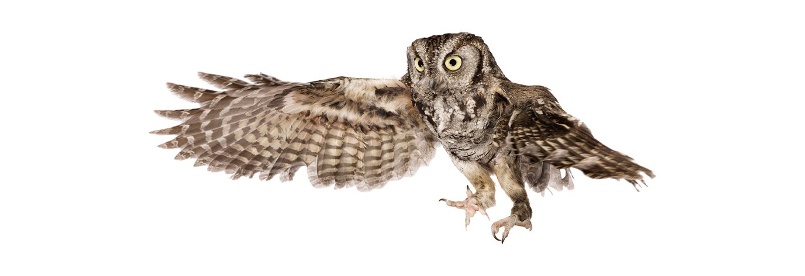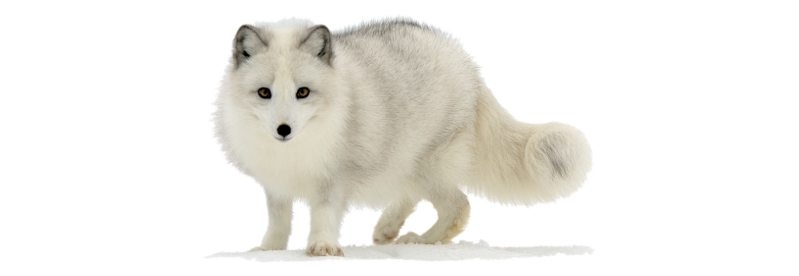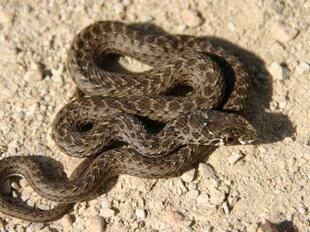
Edible dormouse, or Fat dormouse(Glis glis)
Phylum —chordata
Class — mammalia
Order — rodentia
Family — gliridae
Genus – glis
Appearance
The Edible dormouse is the largest of all dormice, being around 14 to 19 cm (5.5 to 7.5 in) in head-body length, plus an 11- to 13-cm-long tail. It normally weighs from 120 to 150 g (4.2 to 5.3 oz), but may almost double in weight immediately prior to hibernation. It has a generally squirrel-like body, with small ears, short legs, and large feet. Its fur is grey to greyish-brown in color over most of the body, while the underparts and the inner surface of legs are white to pale buff; the line of demarcation is rather well defined.
Unlike most other dormice, they have no dark markings on the face, aside from faint rings around the eyes. The tail is long and bushy, with fur slightly darker than that on the body. Front feet have four digits and their hind feet have five. The soles of their feet are naked.
Habitat
Edible dormice are found throughout much of mainland western Europe through northern Turkey to the Caucasus, northern Iran and Turkmenistan. They are also found on a number of Mediterranean islands, including Sardinia, Corsica, Sicily, and Crete. They are rather more sparsely distributed through central Europe and the Balkans.
Behavior
Like most dormice, Fat dormice are arboreal and nocturnal, spending most of the daytime hours in nests or tree cavities. A significant feature of their behavior is that they practice all three types of dormancy: daily torpor, hibernation, and aestivation. Daily torpor is present throughout the year in coordination with the other two dormancy types. Fat dormice are considered true hibernators, staying in their hibernacula from autumn to spring, living solely on fat stores. Despite the fact that dormice are primarily non-social, they do hibernate and occasionally share nests with close relatives.
Diet
Edible dormice are primarily herbivorous, feeding mainly on berries, apples, and nuts. However, they are adaptable, and also eat bark, leaves, flowers, invertebrates, and even eggs. Edible dormice also consume large numbers of beech tree seeds.
Reproduction
Edible dormice are polygynous breeders. Males are not territorial and may visit the territories of several nearby females to mate, becoming aggressive to any other males they encounter. The male attracts a female by squeaking and then makes a circular courtship dance. The breeding season occurs in late June to mid-August, but both male and female dormice do not produce every year.
Gestation lasts 20-31 days, and results in the birth of up to 11 young, although 4-5 are more typical. They develop their fur by 16 days and open their eyes after around 3 weeks. Young begin to leave the nest after around 30 days and are reproductively mature by the time they complete their second hibernation.
Wild Fat dormice have been known to live up to 12 years but on average live approximately 9 years.
In captivity
In captivity, Fat dormice are quickly tamed and can become one of the most interesting inhabitants of the small zoo.
Dormice need space and movement, but it is advisable not to let them into the room, since each capture is a stress for them. In a spacious cage, or better in an aviary, put a house, a wheel and structures made of strong trunks and branches for climbing. For the nest put straw, dry leaves, hay.
In general, care for them is similar to the care of squirrels, the food is the same, you should not give only cones, and the diet should be limited up to 40 g of juicy mass per day. In nutrition it is preferable to give nuts (chestnuts, walnuts, almonds), acorns, beech nuts, sweet berries, all kinds of fruits.
Dormice drink water every day, you can not replace it with fruit. Animals are easily overfed.
Dormice live well in pairs and companies, bring offspring. They do not hibernate in warm rooms. This violation of the usual rhythm of annual life affects their activity and ability to reproduce. To achieve reproduction of these animals in captivity, it is necessary to provide them with a rest period for the winter, transferring them to a room with a temperature no higher than + 5 °C.
 Russian
Russian
 English
English
























